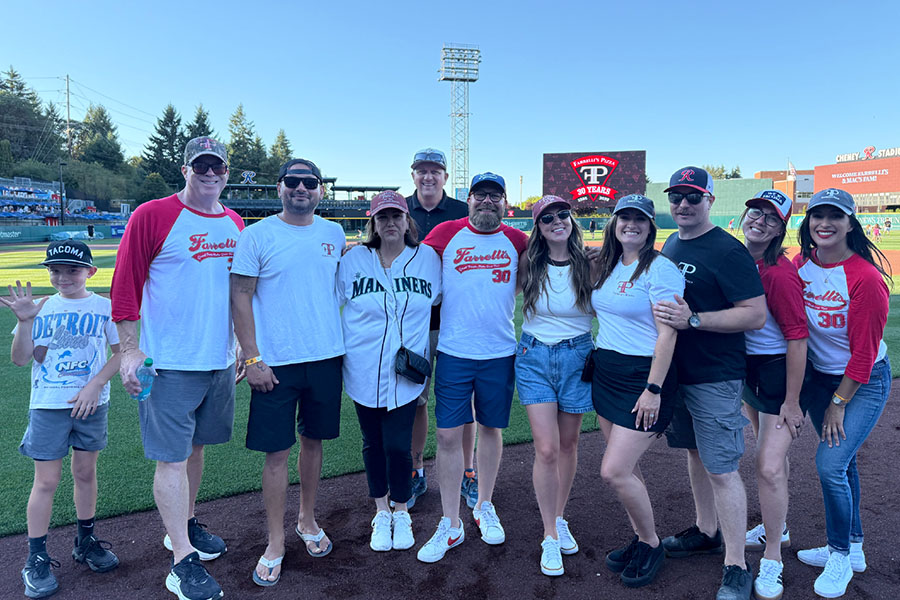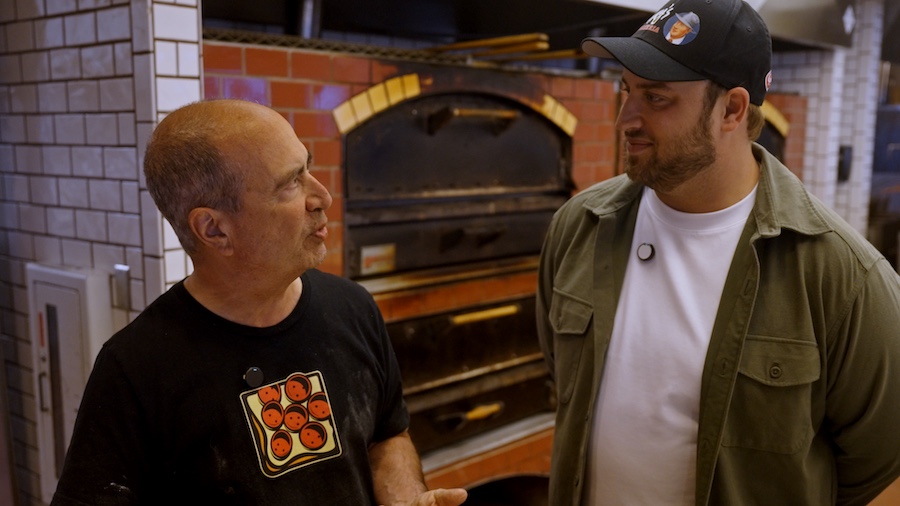Minimize the Legal Risk to Your Pizza Business Resulting From Death, Disability or Divorce
As a pizzeria owner, you are well aware of business risks. Dealing with commercial ovens brings the threat of fire. And if you deliver pizzas, the everyday risks of driving a car are constant. Such risks often can be minimized by adhering to standard practices, but insurance also exists to cover a loss.
Less obvious risks such as death, disability and divorce can be just as devastating to your business, yet one-third of business owners do not have a succession plan in place. The unexpected death of a pizzeria owner can lead to business uncertainty, conflict and disruption. If that person was a majority owner, their surviving spouse or children might make all the decisions – even if they weren’t involved in the business previously.
Fortunately, there are legal ways to plan for these life events. For a business with multiple owners, that legal document is a Buy-Sell Agreement. For a sole business owner, that legal document is a Last Will or Revocable Trust and Durable Power of Attorney.
Buy-Sell Agreement for Multiple Owners
For business entities with multiple owners, the best way to address death, disability, and divorce is through a Buy-Sell Agreement, which can be included in the company’s governing documents, such as corporate bylaws or the Operating Agreement for a limited liability company. The primary purpose of the Buy-Sell Agreement is for the existing owners to agree about what happens when death, disability or divorce happens. The Buy-Sell Agreement provides a way to buy the existing owner’s shares at a predetermined price in such an event and spell out terms for the purchase.
In the event of a death, it is typical for a Buy-Sell Agreement to require the deceased owner first to offer his or her shares or interests to the company or remaining owners to buy before allowing the shares to pass to the deceased owner’s family. The value of those shares could be at a set price or based on an independent business valuation at time of death. This allows the remaining owners to maintain control without the involvement of the deceased owner’s family members.
A common way to fund the purchase of shares in the event of an owner’s death is for the company or other shareholders to own life insurance on each owner. If a death occurs, the company or shareholders would receive a death benefit that could be immediately used to pay all or a portion of the shares’ sale price.
In addition to establishing the purchase price, the Buy-Sell Agreement also describes the terms of the purchase. If there is life insurance in place, it’s customary to have all the life insurance go toward the purchase of the deceased owner’s shares. If there is still an amount due after applying the life insurance, the Buy-Sell agreement will describe the manner in which the balance is paid to the deceased owners’ estate, which can be paid over a period of years with a fair interest rate.
Sample Buy-Sell Agreement in Event of Death
Assume for this example that Siblings A and B own Pizzeria ABC at 40% each with Passive Investor C owning 20%. If Sibling A dies, the Buy-Sell Agreement says that the company can buy A’s 40% interest at its fair market value, as determined by an independent business valuation. If the company chooses not to buy A’s 40% interest, B and C can buy A’s interest based on their pro-rata ownership. If neither the company nor individual owners choose to buy A’s interest, then A’s 40% interest can be transferred to A’s spouse, who would then become a 40% owner in the existing business.
Say the business valuation determines that A’s 40% interest is worth $1 million. Because the company owned a life insurance policy on A for $500,000, the company elects to buy A’s interest for $1 million with $500,000 paid immediately to A’s spouse from the life insurance and the remaining $500,000 is paid to A’s spouse by the company over five years with an interest rate of 5.0%. The Buy-Sell Agreement allows A’s spouse to receive fair value of A’s shares while allowing the company to move forward with the remaining owners (B and C) in control.
Buy-Sell Agreements Covering Disability
The Buy-Sell Agreement can also address disability in a similar way. If an existing owner becomes disabled, the Buy-Sell Agreement will allow the company and/or the remaining owners to buy the disabled owner’s shares. The price for buying the shares and the terms of the buyout will be spelled out in the Buy-Sell Agreement. Disability insurance is an option to fund the buyout; otherwise, the agreement will specify payment terms. An important part of the Buy-Sell Agreement will be defining what constitutes a disability.
Lastly, the Buy-Sell Agreement can address what happens when an existing owner goes through a divorce. To prevent an ex-spouse from receiving ownership interest in the business, the Buy-Sell Agreement will give the company and/or divorcing owner the right to purchase any shares awarded to their ex-spouse. The share price can be different than the value in the case of the death or disability.
Estate Planning for the Sole Business Owner
For a pizza business owned by a single owner, a Buy-Sell agreement is not necessary because there is only one person. However, the owner’s estate planning documents such as a Last Will or revocable trust will decide what happens to the business if the sole owner dies and who will be in charge during the interim period. The owner can be deliberate in leaving the business to a spouse, child or key employee – or the owner can specify to sell the business and distribute the money. Like a Buy-Sell Agreement, the Last Will or Revocable Trust can give someone other than the spouse or children the right to buy the company at a predetermined price and under terms acceptable to the deceased owner. If there is no Last Will or Revocable Trust in place, the default laws of the state where the owner lives will decide who takes over and how the business is distributed.
In the case of owner disability, a Revocable Trust or Durable Power of Attorney can be used to designate someone immediately to run the business. This may be a key employee or a family member who is involved in the business. Without proper estate-planning documents in place, it’s possible that a court proceeding would be required to give legal power to someone who can act for the disabled owner. This could take months, which could effectively destroy the business.
Handling Business Ownership During Divorce
A Prenuptial Agreement before marriage or a Postnuptial Agreement after marriage is the only way to make sure the business stays in the hands of the owner after a divorce. Practically speaking, however, a married owner might not want to bring up a Postnuptial Agreement that raises the possibility of divorce. Sometimes including a Postnuptial Agreement along with the necessary estate planning documents is a good way to approach a delicate topic. For business owners who are single and contemplating marriage, a Premarital Agreement is important to sign before marriage.
The above-mentioned estate-planning documents also are recommended for those owners with Buy-Sell Agreements to provide additional details about how business interests will pass if no one buys the deceased owner’s shares. For example, the owner may want to place certain restrictions or terms on how the business is held or a desire to leave the business to a key employee or family member.
Start by reviewing your legal documents currently in place and evaluate how they apply to your present situation. You may find plans to be outdated, given the value and size of your present-day business and the current makeup of your family. If you don’t have any documents in place, now is the time to protect your pizza business from unexpected circumstances.
MATT WIESE is a pizza enthusiast and partner at the Seattle law firm Carney Badley Spellman. He helps business owners with estate planning, tax, and business succession.









